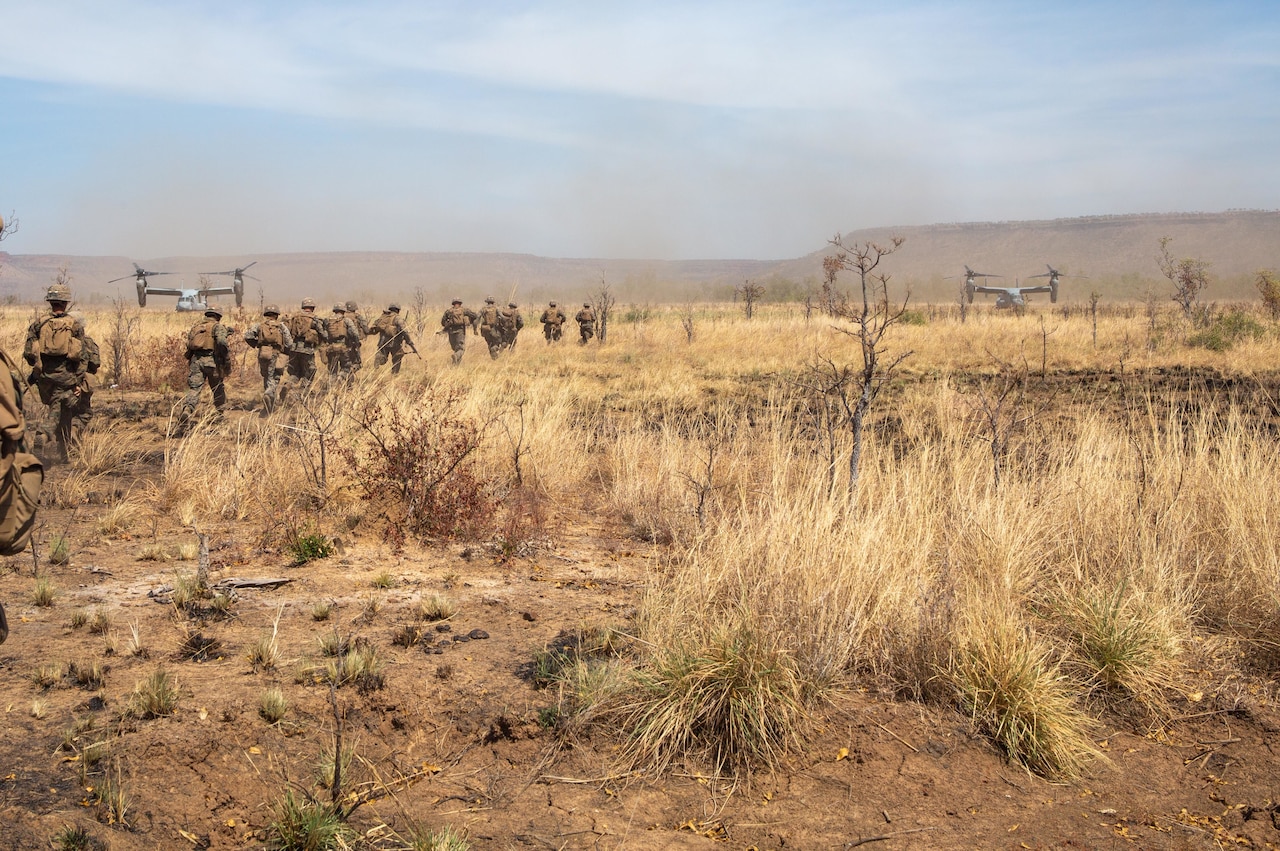mrrosenthal
Member
Rafael schließt Phase II der Studie über das gläserne Gefechtsfeld ab (esut.de)
Fireweaver/ Glass battlefied, entered phase 2(You have to use google translate for english) and they showcased the BNET radio as well.
Fireweaver/ Glass battlefied, entered phase 2(You have to use google translate for english) and they showcased the BNET radio as well.

